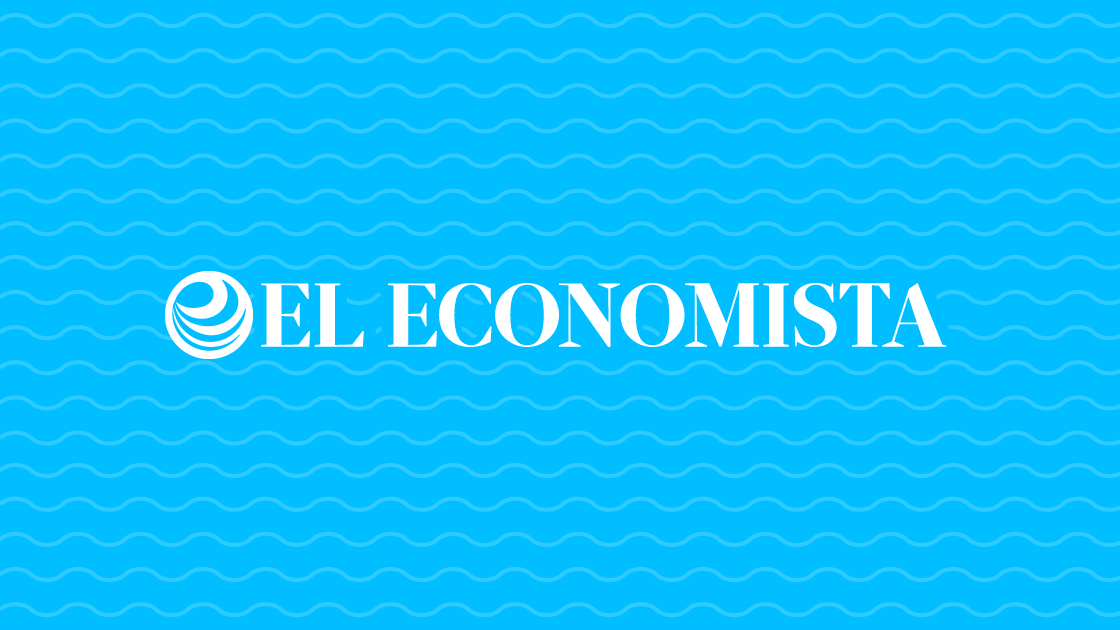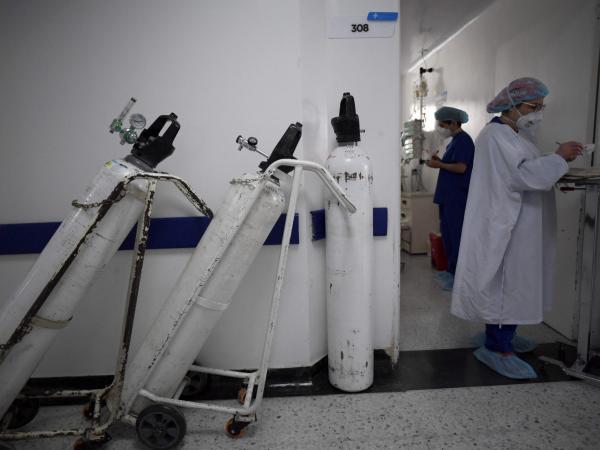Twelve indigenous accused in Venezuela for the assault on a military barracks in 2019 they were sanctioned with six months of free work for their community in an unprecedented trial of the Pemón ethnic group, of which they are a part, the defense reported this Friday.
Venezuelan laws give indigenous peoples the power to prosecute their own in a “council of elders”, according to their customs, but the common courts must endorse their decisions.
Those accused of the attack on a barracks in Gran SabanaBolívar state, which left a soldier dead, were imprisoned between December 2019 and February 2021, when they were released on the condition that they be tried by their peers in their community, Kumarakapay, a remote population of 1,500 inhabitants -the majority Pemones- close to the Venezuelan border with Brazil.
“They were heard and they were sanctioned (…). The court (of the formal justice that is handling the case) now has to approve the decision and close the case,” Olnar Ortiz, one of the lawyers for the accused and an indigenous activist from the human rights NGO Foro Penal.
Ortiz explained that Fiacencio Fernández, Lisandro González, Carlos Fernández, Julio Delgado, Carlos García, Ronny Sánchez Lambos, Oscar Albaniz Pérez, Amílcan Pérez, Frederick Fernández, Frank Fernández, Willy Martínez and Pantaleón Jóvito Mesía were sanctioned with six months of community service without remuneration.
Their hair was shaved as a “sign that they made a mistake” and their families will have to “watch over them,” he added.
Initially, thirteen Pemon were arrested, accused by the common justice for “conspiracy” and “terrorism”, among other charges, crimes that are not under the jurisdiction of the special indigenous justice.
One, Salvador Franco, died on January 3, 2021 in prison, at the age of 44, between reports of malnutrition and lack of medical care.
Ortiz maintains that they were all victims of torture.
Kumarakapay experienced violent disturbances in February 2019, when the opposition leader Juan Guaidó -recognized as interim president of Venezuela by fifty countries, led by the United States, without displacing the socialist president Nicolás Maduro from power- led a failed attempt to go through borders food and medicine donated by its international allies.
These incidents, branded a “massacre” by humanitarian organizations, resulted in eight deaths, five of them Pemon, and dozens of wounded by firearms.








